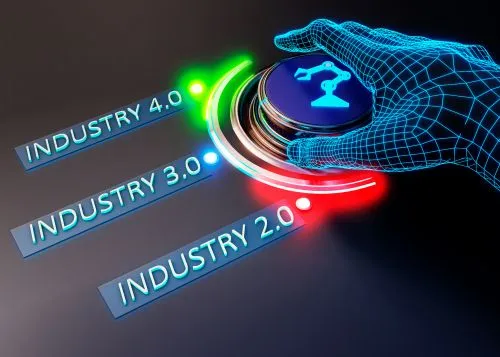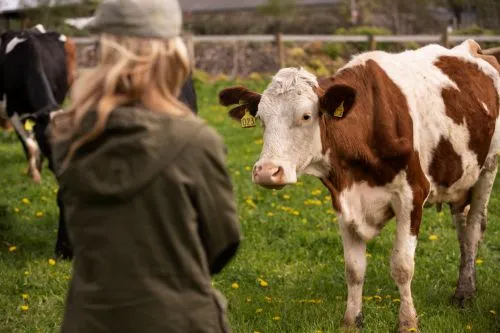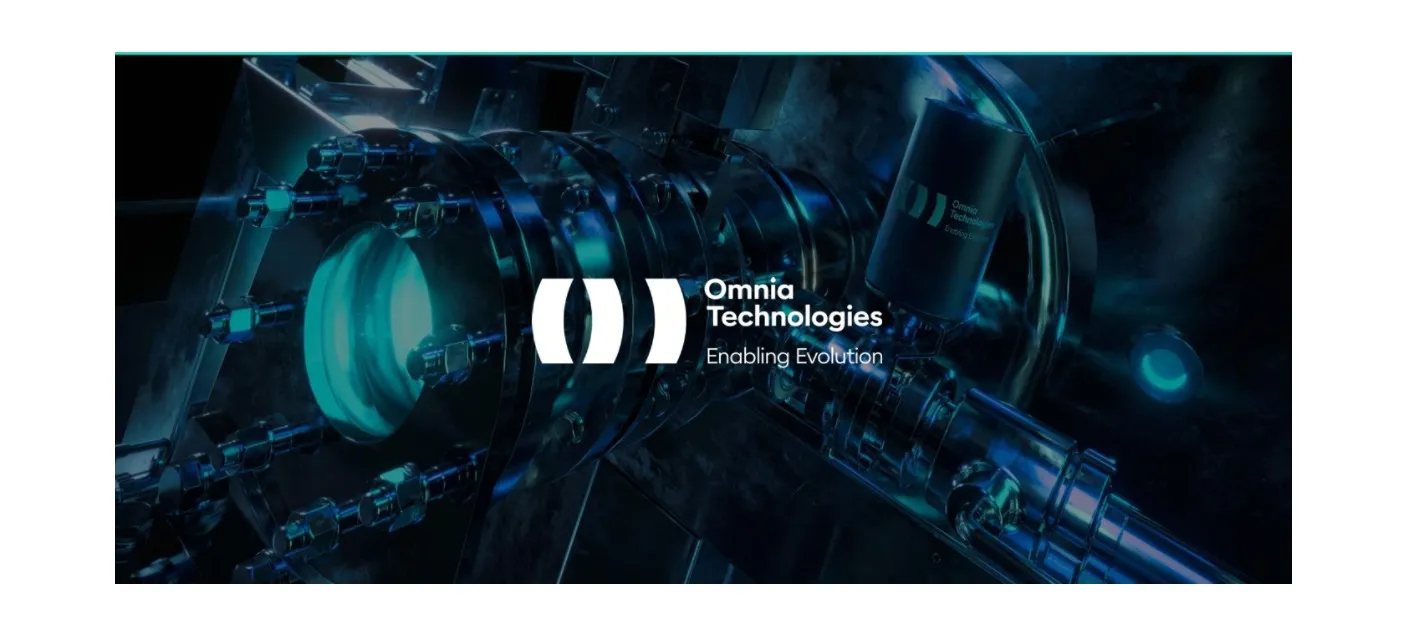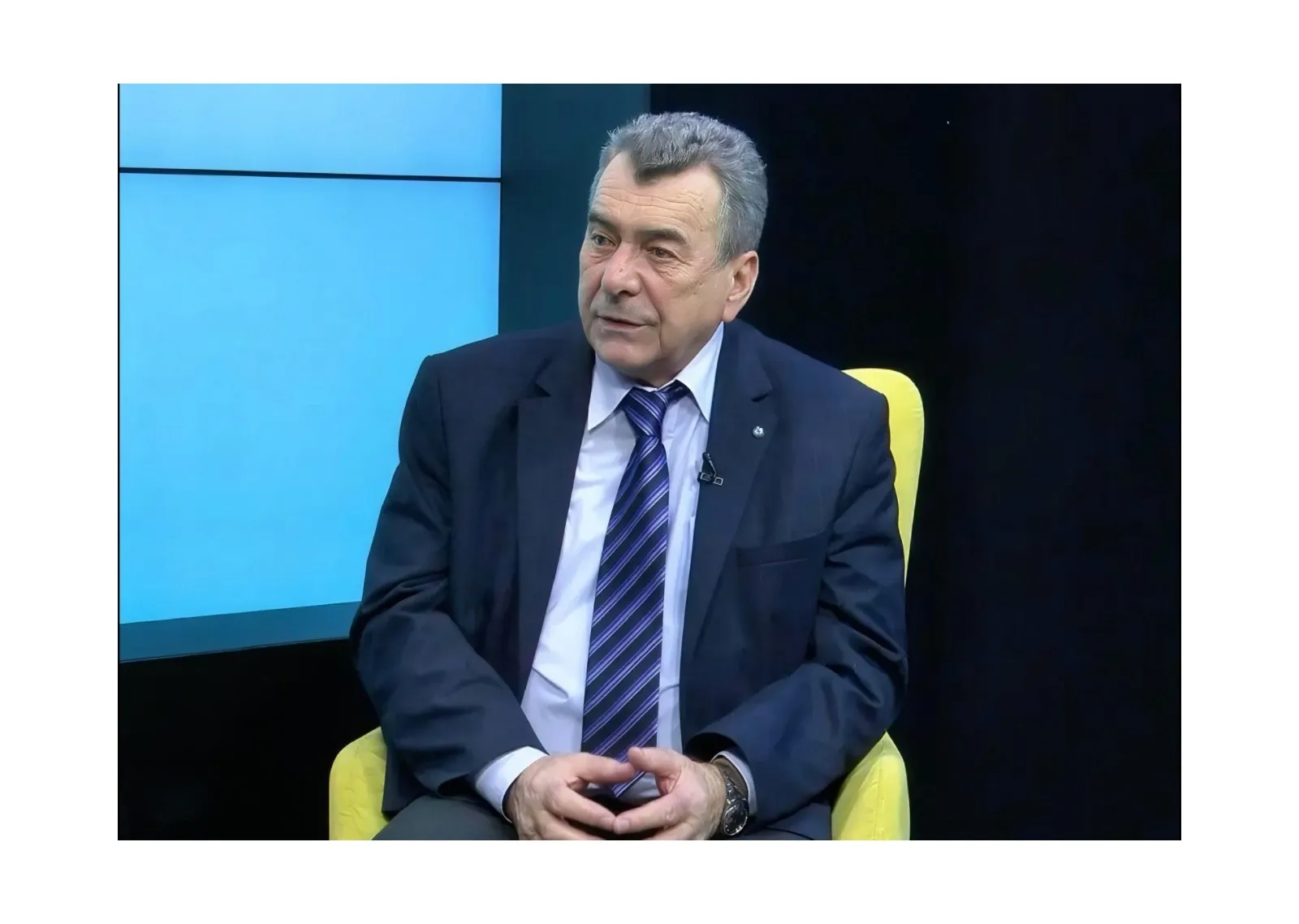1462

According to Euractiv, a version of the European Commission's work program for 2024 does not list any of the EU files on sustainable food still under consideration, apparently confirming the greatest fears of stakeholders that these proposals will not see the light of day before the upcoming EU elections in June.
Notable Absences
The work program, titled "Delivery Today and Getting Ready for Tomorrow," outlines the Commission's plans for which proposals it intends to present and when but does not mention the major outstanding agri-food files.
It is a particularly tense moment for EU policy-making, as anything not put on the table before the June elections faces an uncertain future in the next Commission and Parliament.
Notable absences include the sustainable food systems law, a key element of the EU's flagship Farm to Fork (F2F) strategy and a central pillar of the Green Deal, aiming to accelerate and facilitate the transition to sustainable food systems.
Originally slated for the third quarter of this year, between the looming EU elections and the growing rejection of EU environmental policies, questions have been raised about whether this will be presented before the end of the current Commission's term in October 2024.
Also conspicuously missing from the work program is the EU's review of animal welfare legislation, although it claims that animal protection during transport – one of the four proposals intended to make up the animal welfare package – will take place before the end of 2023.
"While the main focus is now on the implementation [of the Green Deal], we will also present proposals for the protection of animals during transport this year," the Commission's work program states.
It adds that efforts will continue to "ensure that the green transition is done in a fair, smart, and inclusive way." It also asserts that the Green Deal "remains a central part" of the Commission's activities.
EU Commission Still Evasive on the Timeline of Missing Items on the EU Food Agenda
The parliamentary hearing for the allocation of the Green Deal portfolio to the Vice President of the European Commission, Maroš Šefčovič, did not provide much clarity on the timeline of pending legislation from Farm to Fork, the EU's flagship sustainable food policy.
"Sustainable Agriculture and Food Security"
An accompanying document further detailing the Commission's plans for 2024 refers to only two agri-food proposals – those concerning plants obtained through certain new genomic techniques and the regulation of the sustainable use of pesticides, the vehicle through which the EU hopes to halve pesticide use and risk by 2030.
Emphasizing the need to progress on these proposals, which are both currently under discussion by parliamentarians, the document calls for agreements as part of efforts to "encourage sustainable agriculture and food security."
Meanwhile, the document reiterates that the Commission will initiate a series of "ecological social dialogues," including a strategic dialogue on the future of agriculture in the EU, as announced in the State of the Union address by Commission President Ursula von der Leyen in September.
It is designed to further engage with farmers, stakeholders in the food chain, and citizens "working together on the transition to sustainable food systems," according to the program. The launch of this strategic dialogue is planned for the first half of November, EU sources told Euractiv.
The news is unlikely to sit well with stakeholders, who have rallied in a last-ditch effort to salvage the missing proposals.
"The failure to publish the law [on sustainable food systems] will mean a failure to meet EU objectives on climate, environment, and health," emphasized 160 signatories, including the European Environmental Bureau (EEB) and Compassion in World Farming EU, in a letter to President von der Leyen as early as September.
This is because businesses in the food sector, retailers, farmers, consumers, and policymakers need the law as a "policy framework that allows them to empower themselves to play their role in the agri-food sector transition, which is essential for achieving EU climate goals," they argued.





